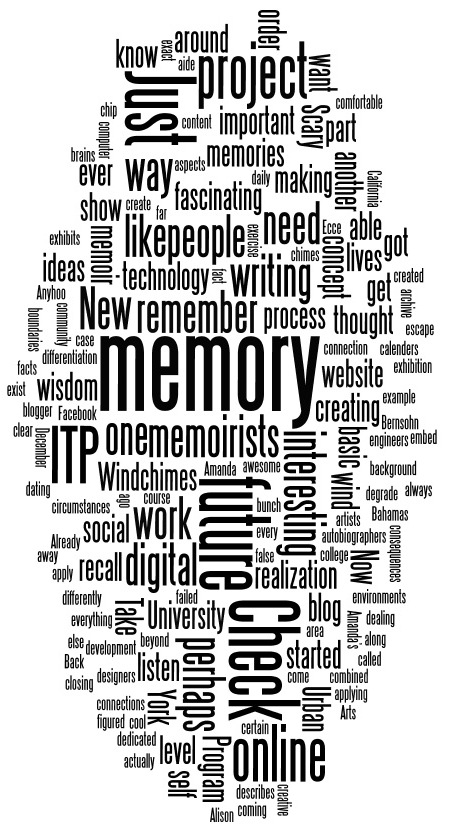Are You a Fox or a Hedgehog?
Monday, May 25th, 2009There’s an interesting article over at the Guardian book pages from their literary critic, Robert McCrum, about the different types of writers that tend to get considered for literary awards. He draws from Isaiah Berlin’s famous essay, The Fox and The Hedgehog, as a way of classifying the types. (You can download the essay by clicking here), and read more about Berlin in this article in The Independent.
In fiction, Berlin’s famous distinction between hedgehogs and foxes, drawn from the pithy fragment attributed to the classical poet Archilochus (”The fox knows many things, but the hedgehog knows one big thing”) remains influential. Hedgehogs, in Berlin’s celebrated essay, see the world through the lens of one big, defining idea. They include Plato, Dante, Proust and Nietzsche. Foxes, who scour the landscape, drawing on a wide variety of experience and are indefatigably averse to a single explanatory idea, include Aristotle, Shakespeare, Goethe, James Joyce and, dare I say, Salman Rushdie.
McCrum doesn’t stop there, though. He also contrasts “history course novels” (such as those produced by Pat Barker and Ian McEwen) and the kind of “English course novels” that Martin Amis and Lorrie Moore write. Then, in nonfiction, there are the “mores” and the “differents.”
Mores are writers who, as the label implies, are immensely gifted and vastly superior to their fellows, but are conventional in their vision. Classic mores include Thomas The World Is Flat Friedman and Niall The Pity of War Ferguson. Your different, who might be a hedgehog or a fox, is a mould-smashing one-off, usually an original, and probably quite undisciplined, writer. Differents include Dostoevsky, Oliver Sacks, Naomi Klein, Kurt Vonnegut, George Orwell and Atul Gawande. As readers, we may be better satisfied, in the short term, by the mores, but it’s the differents we remember, and who will probably have the lasting influence.
McCrum’s argument is that “foxes” and “mores” win more prizes than “hedgehogs” and “differents.” It would take more of an in depth survey than I am prepared to carry out to prove him right, but I can certainly get on board with the idea that we live in a fox’n'more orientated society, and it’s these writers who seem to earn the most money. We demand versatility from our writers, and breadth of knowledge. It ain’t easy being different!


